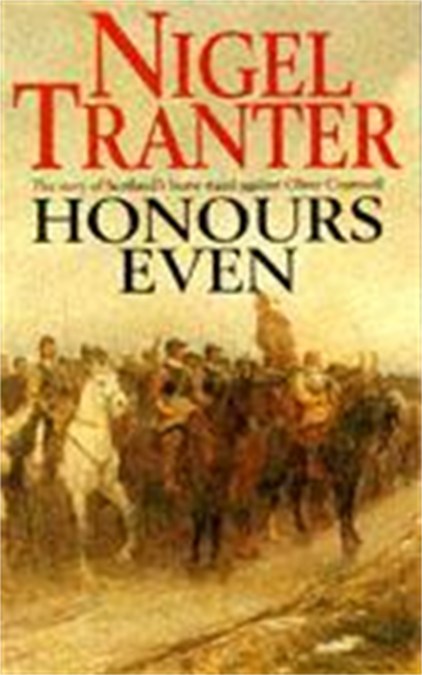In 1649 Charles II left his exile in the Netherlands and sailed to Scotland. Arriving at the small fishing village of Garmouth, he faced a mixed reception from the minister of the Kirk.
The exiled king was to remain in Scotland for a year, learning more about his northern subjects, while the English tried to adjust to life under the puritanical heel of the Lord Protector, Oliver Cromwell.
But Cromwell was soon to turn his attentions to matters north of the border. He coveted the Honours of Scotland – the crown, sceptres and sword-of-state – symbols of hope and the nations’s honour.
And so the young men of Scotland were about to be forced into battle to ensure that the Honours were saved.
‘Through his imaginative dialogue, he provides a voice for Scotland’s heroes’ Scotland on Sunday
The exiled king was to remain in Scotland for a year, learning more about his northern subjects, while the English tried to adjust to life under the puritanical heel of the Lord Protector, Oliver Cromwell.
But Cromwell was soon to turn his attentions to matters north of the border. He coveted the Honours of Scotland – the crown, sceptres and sword-of-state – symbols of hope and the nations’s honour.
And so the young men of Scotland were about to be forced into battle to ensure that the Honours were saved.
‘Through his imaginative dialogue, he provides a voice for Scotland’s heroes’ Scotland on Sunday
Newsletter Signup
By clicking ‘Sign Up,’ I acknowledge that I have read and agree to Hachette Book Group’s Privacy Policy and Terms of Use
Reviews
He has an amazingly broad grip of Scottish history
One of Scotland's most prolific and respected writers
An accomplished writer of compelling and unforgettable historical novels
Through his imaginative dialogue, he provides a voice for Scotland's heroes
Tranter's popularity lies in his knack of making historical events immediate and exciting
An informative, entertaining read
He treats history with respect

